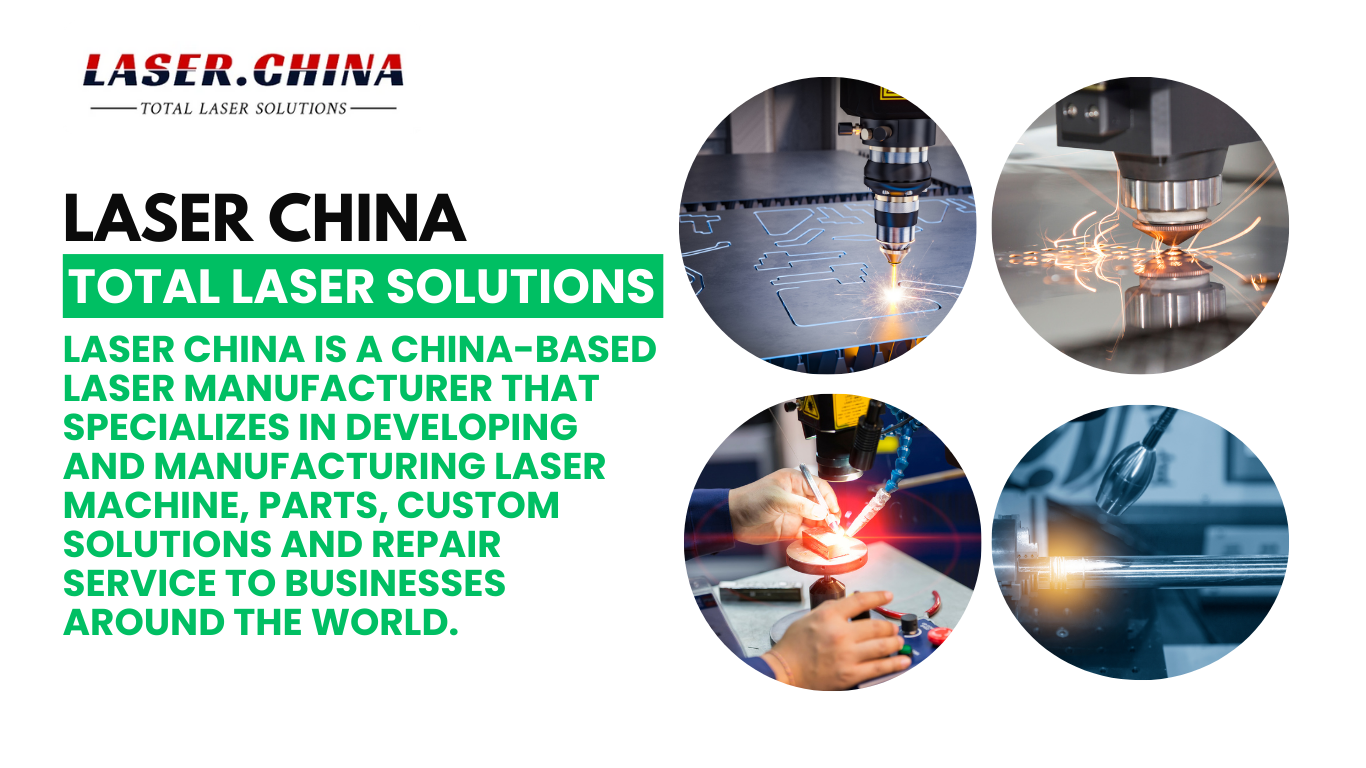What is laser welding and how does it benefit modern manufacturing

Laser welding is a high-precision welding process that uses a concentrated laser beam to join materials—usually metals or thermoplastics—by melting them at the point of contact. The process offers exceptional speed, accuracy, and strength, making it a preferred method in advanced manufacturing sectors such as automotive, aerospace, electronics, and medical device production.
How Laser Welding Works
In laser welding, a high-energy laser beam is focused on the workpieces to be joined. The intense heat from the laser melts the materials at the joint, forming a molten pool. As the laser moves along the seam, the pool solidifies, creating a strong and precise weld.
There are two main types of laser welding:
-
Conduction Mode Welding: The laser energy melts the surface of the material without deep penetration. This is ideal for thin materials and cosmetic welds.
-
Keyhole Mode Welding: The laser penetrates deeply into the material, creating a narrow and deep weld. This is used for thicker materials and structural applications.
Different types of lasers can be used depending on the material and application, including:
-
Fiber lasers: Common for high-speed welding with excellent beam quality.
-
CO₂ lasers: Suitable for thicker materials and cutting/welding combinations.
-
Nd:YAG lasers: Often used for pulsed welding applications, such as electronics.
Advantages of Laser Welding
Laser welding offers several key benefits that have made it popular across industries:
-
High Precision and Control: The laser beam can be finely focused, allowing for precise welding even in very small or delicate parts, such as medical instruments or microelectronics.
-
Speed and Efficiency: Laser welding is much faster than conventional methods, especially in automated production lines. It can produce high volumes of consistent welds with minimal human intervention.
-
Strong, Clean Welds: The resulting welds are typically narrow and deep, with minimal distortion and high tensile strength. There is also little to no need for filler material.
-
Low Heat Input: Because the heat is concentrated in a small area, there is minimal thermal distortion or damage to surrounding material.
-
Automation Compatibility: Laser welding can be easily integrated into robotic systems for continuous and repeatable production, improving consistency and reducing labor costs.
Applications of Laser Welding
Laser welding is widely used in:
-
Automotive manufacturing: Welding car bodies, gears, and batteries for electric vehicles.
-
Electronics: Assembling tiny components where precision is crucial.
-
Aerospace: Joining lightweight and heat-resistant materials with high structural integrity.
-
Medical devices: Creating clean, precise welds for instruments and implants.
Limitations and Considerations
While highly effective, laser welding also has some limitations:
-
High initial investment: Equipment and setup costs are significant.
-
Material limitations: Not all materials absorb laser energy efficiently.
-
Safety requirements: Operators must be protected from laser exposure.
Conclusion
Laser welding is a transformative technology in modern manufacturing, offering unmatched precision, speed, and strength. Though the upfront costs are high, the long-term benefits in productivity and quality make it a valuable investment for industries focused on innovation and efficiency.
- AI
- Vitamins
- Health
- Admin/office jobs
- News
- Art
- Causes
- Crafts
- Dance
- Drinks
- Film
- Fitness
- Food
- Jogos
- Gardening
- Health
- Início
- Literature
- Music
- Networking
- Outro
- Party
- Religion
- Shopping
- Sports
- Theater
- Wellness


